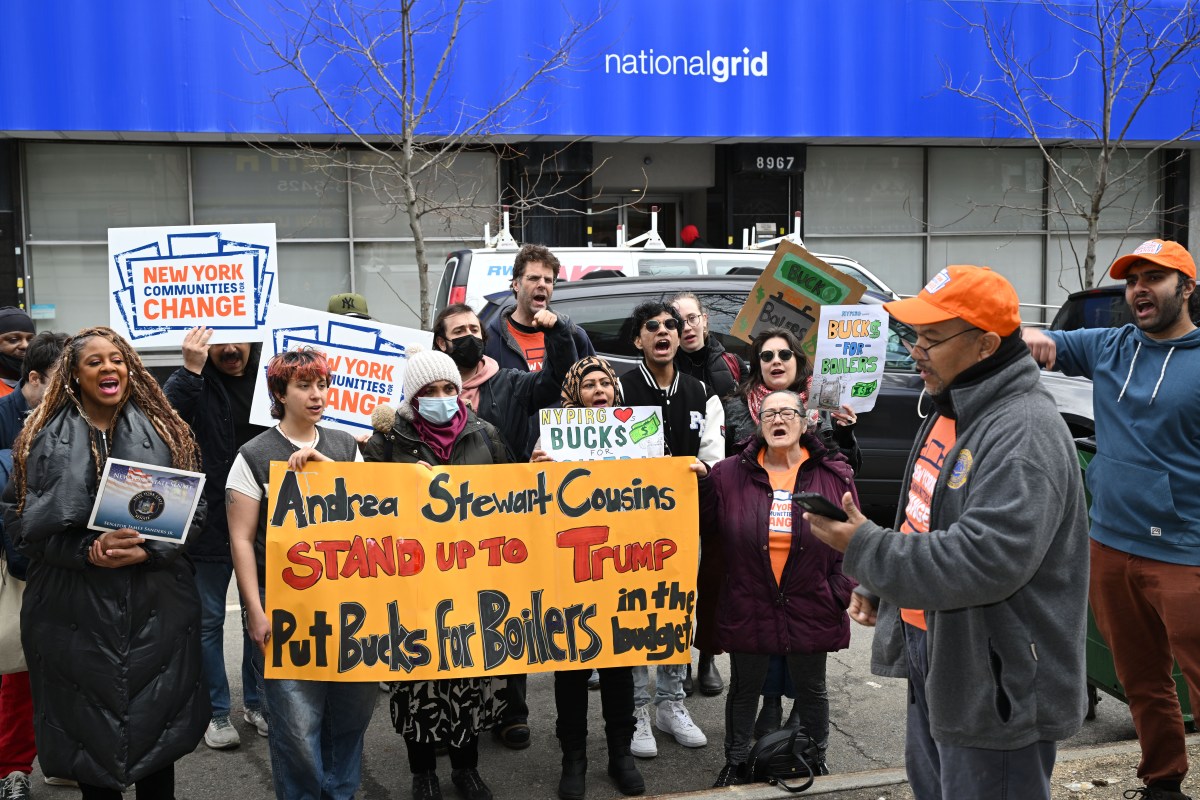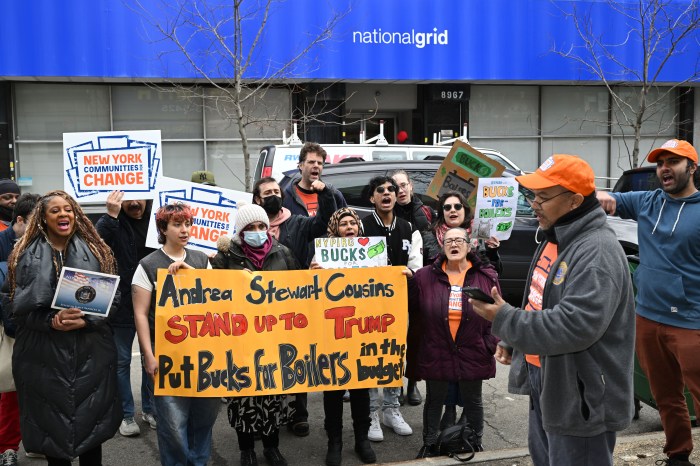Anew report from the Food Bank for New York City found a dramatic increase in visitors to the city’s food pantries and soup kitchens.
The report draws a link between more New Yorkers turning to its network of soup kitchens and food pantries and Congress’ Nov. 1 decision to cut $5 billion from the Supplemental Nutrition Assistance Program. For the first time, benefits for every recipient were cut.
For instance, 31 percent of food providers reported an increase in demand of 26 percent to 50 percent after the cut to SNAP, formerly known as food stamps, compared with the months preceding the reduction and with November 2012; and 26 percent of the providers had to turn away people.
Nearly 1 in 3 New Yorkers (2.6 million) struggles to afford food, the report found. And about 1.9 million New Yorkers rely on SNAP.
Congress, as part of the misleadingly titled Healthy, Hunger-Free Kids Act of 2010, agreed to a six-cent per meal increase in reimbursements to schools with lunch programs in exchange for the SNAP cut.
Before the reduction to SNAP — about $29 a month for a family of three — household benefits in NYC averaged $281 a month, according to the report.
Rather than coming up with a longterm solution to help those in need, Congress is apparently itching to make the situation worse. The farm bill, which sets SNAP policy, is up for reauthorization. Rather than using the opportunity to strengthen SNAP, a bipartisan congressional committee is considering slashing another $9 billion from SNAP.
Mayor Bill de Blasio proved himself persuasive in New York City’s diverse neighborhoods on the issue of poverty. To avert the disastrous additional SNAP cuts, he must quickly become just as convincing in Washington.
Pleading for New York City alone won’t work, but de Blasio and all big-city mayors can jointly demonstrate that SNAP cuts hurt their constituents. They must make the case against the devastating impact further cuts would have nationwide.
Many Washington politicians may not care if folks in Brownsville or East New York don’t have enough to eat. But de Blasio should — and he must make his fellow politicians care.
Liza Featherstone lives and writes in Clinton Hill.
































